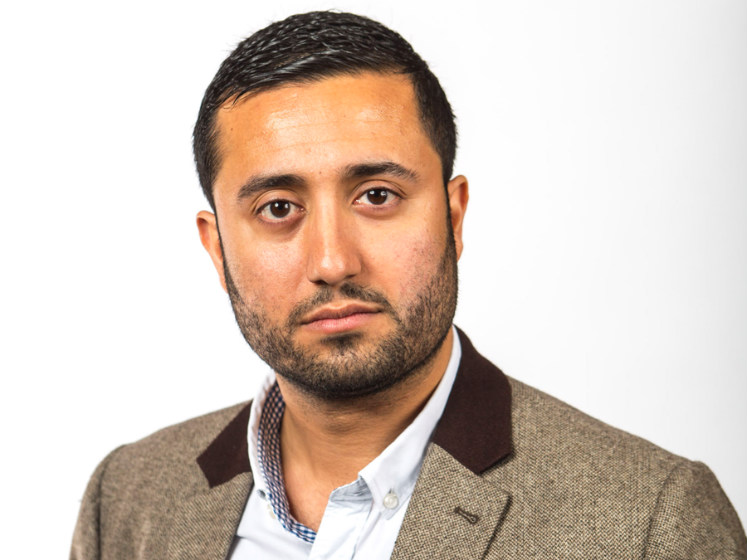 LSE alumnus Rishi Madlani
LSE alumnus Rishi Madlani
You graduated in economics and have a successful career in banking and finance. Why did you decide to get involved in politics?
I have always had an interest in politics; I was very politically active as a student and served as General Secretary at LSESU. But what led me to get involved with Camden Council was the fact that I had lived in the area for a long time and believed I could do something to improve it.
It was actually LSE that drove me to Bloomsbury in the first place – I lived in Passfield Hall as a student and stayed in the area after that. When I first ran for office I had been in Camden for 13 years, and felt I had a duty to help my community.
How has the experience been so far?
It is not for the faint-hearted. The area I represent is very busy: it has a huge student population, the most visited museum in the UK and will have three major hospitals by the end of 2020.
Running for office can be quite daunting. I thought I knew what I was getting into, but nothing quite prepares you for it. Once you are elected everyone owns a piece of you.
Most of the councillors work on a part-time basis – with a £10,000 allowance per year you can’t really make a living in central London – and balancing two jobs is a tough challenge. But being a councillor is also a truly rewarding experience, helping others and seeing the impact of your work in the area you live in is incredibly satisfying and empowering.
What have you learned from it?
First of all: to succeed you must never give up. In the past years, I have learned to navigate the system better, escalate things more effectively and find the best route to get a job done. I have also got better at recognising when I am not the best person to help someone. Sometimes the only help I can give is to direct people to other services or institutions that can solve their problem.
I learn a great deal from the people I work with every day. I have the privilege to work with an incredibly diverse group of people, with very different sets of skills, knowledge and experiences. It is the perfect example of how diversity helps you make better policy.
What are the biggest challenges facing London councils at present?
The whole overarching scheme of things is shaped by the austerity agenda. We have seen dramatic budget cuts for councils over the past years and we expect further cuts in the near future. This means it is now much harder to tackle social problems. We need to be creative, innovative and prioritise the pressing needs of the most vulnerable members of society.
The housing crisis is a major issue. Living in London is becoming increasingly unaffordable, and that is driving out nurses, teachers, and pretty much any type of worker from the city centre. The shortage of affordable housing has a huge impact on our families and communities.
The social care crisis that is spreading around London and the whole of the UK is also very worrying. We have an increasingly ageing population and it is becoming more and more expensive to deal with their health and social care needs. The problem is looming but there’s no real long-term policy around it and that really worries me, because we are not even at its peak yet. The system is creaking due to a lack of funding and vision.
The other key issue I would flag is air pollution, a problem that is finally being taken seriously. The introduction of the T-charge (Emissions Surcharge) for the most polluting vehicles on our roads and the creation of ultra-low emission zones will definitely help to improve the city´s air quality and protect the health and wellbeing of Londoners.
This interview was conducted in 2018